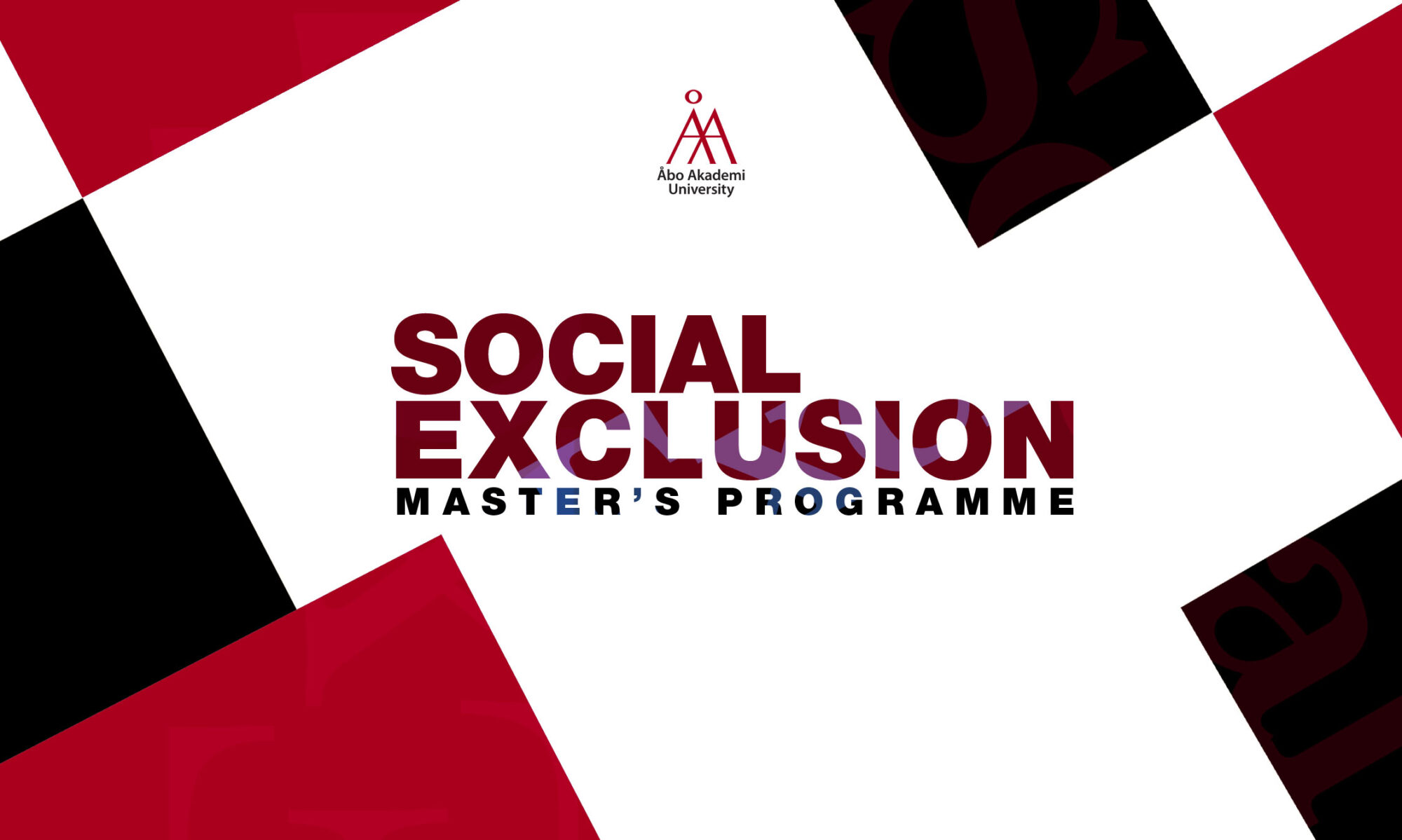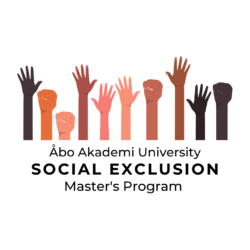The Master’s Degree in Social Exclusion allows students to learn about the phenomenon of Social Exclusion from various perspectives. Key among these perspectives are the four areas of specialization offered at the Faculty of Arts, Psychology and Theology: gender studies, philosophy, studies of religion (or theology), and history. An easy way to think of these specializations is to think of them as a ‘minor’ to your ‘major’ subject of Social Exclusion. Whilst you will be learning about Social Exclusion from the focused perspective of your chosen ‘minor’, you will not be an expert in that field as your major subject is Social Exclusion.
I will now breakdown what it means to specialize in each of the four specializations. A specialization in gender studies “offers insights into a variety of societal and cultural phenomena and teaches critical, creative, analytical thinking around questions of marginalization and empowerment”. A philosophy specialization affords students the possibility to “hone their skills in expressing themselves in speech and writing” whilst also learning to how to think about the phenomenon of social exclusion. Study of religions “deals with religion in the past and present from various viewpoints, including purely historical studies, comparative studies and studies in the psychology, sociology, anthropology and pedagogy of religion.” Alternatively, Theology “is a discipline that studies various forms of religious phenomena from the viewpoint of Christian tradition.” In both the study of religions and theology, students will study social exclusion through a focus on the religions and lifeviews of socially excluded individuals. Finally, in the history specialization “you will not only be studying individual events, but also learn how to reveal the bigger picture within the details” to various cases of social exclusion.
Throughout the duration of the two year degree studies, students will be exposed to materials which will both educate and inform them about how social exclusion persists as a multifaceted and multidimensional phenomenon in the contemporary world. For this reason, these four specializations offer critical insights across a wide domain of topics, and utilize specialized materials to accomplish this through a multidisciplinary, and an interdisciplinary approach. Whilst students will eventually be required to choose one area of specialization in their second year, they will be introduced to the four areas of specialization throughout their two years through introductory courses in the first year and specialization courses in both years.
In the first year, students will take courses designed to introduce them to the specialization (in addition to specialization specific courses). These courses are: Social Exclusion in a Historical Perspective, Social Exclusion, Religion and Lifeviews, Social Exclusion in a Philosophical Perspective, and Diversity, Equality, Inclusion. Course descriptions and content and be found in the StudieHandboken.

